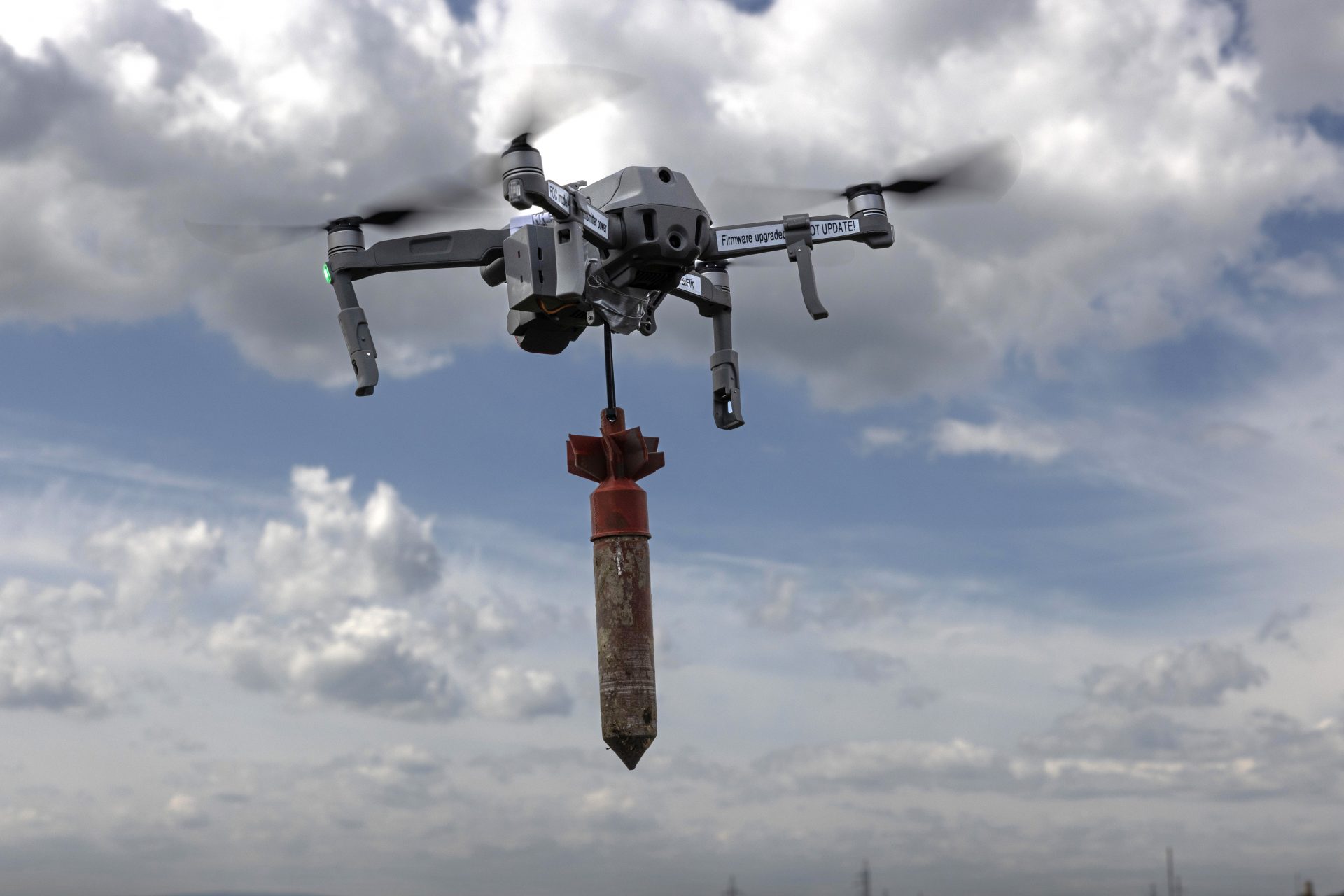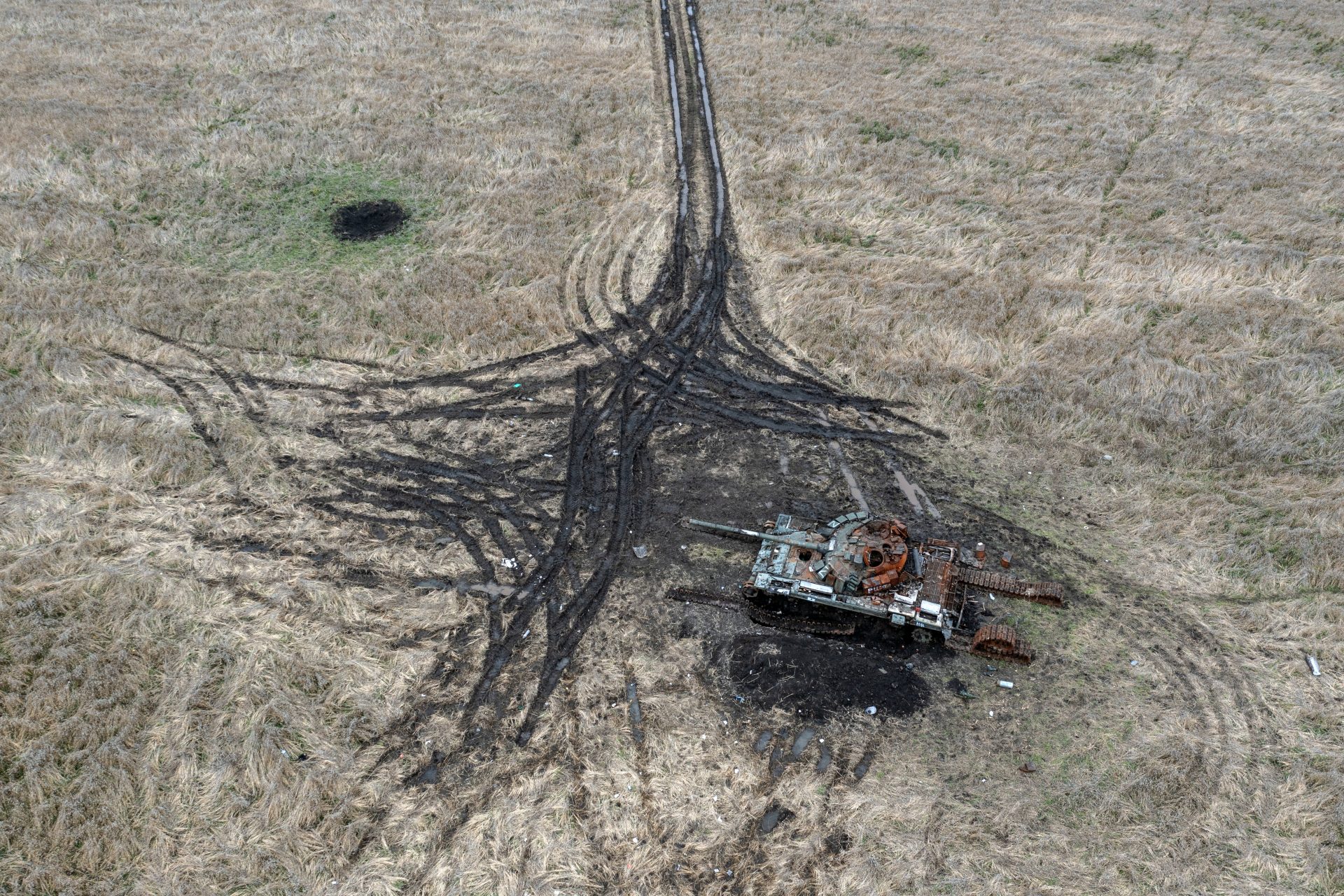Pakistan's biggest lake is about to overflow after record-breaking monsoon season
Flooding in Pakistan has killed over a thousand so far and has had a massive effect on some 33 million people, and things may still worsen. Authorities are fighting to keep the biggest lake in the country from overflowing.
Manchar Lake, located in Sindh province, which was particularly hard hit by records floods this monsoon season, is about to burst its banks.
Pakistani authorities attempted and failed to lower the water levels of the lake. Thus far, three of the lake's banks have been breached in an attempt to protect areas nearby, and more than 100,000 people have been displaced as a result.
However, there is still a high risk the lake could overflow, and rescue teams in the country are working against the clock to evacuate people who are at risk of drowning if the worst happens.
Following the monsoon season this year, Pakistan, as it is known, may never be the same. According to the Climate Minister of Pakistan, Sherry Rehman, one-third of the country found itself completely under water due to historic flooding.
Ms. Rehman told AFP news agency, "It's all one big ocean, there's no dry land to pump the water out." Rehman says it is a "crisis of unimaginable proportions."
There is little doubt that this is a terrible crisis. Catastrophic flash floods have effectively "erased" homes, farmer's crops, and roads, leaving a trail of destruction across Pakistan in their wake.
According to an estimate by Pakistani officials, one in seven people has been affected by the flooding, more than 33 million Pakistanis.
Officials in Pakistan say that at least 1,136 people have died since the start of the monsoon season in June.
In the most recent flood, in the first 24 hours alone officials said at least 75 people have been killed due to the flooding.
The BBC spoke to Pakistan's Foreign Minister Bilawal Bhutto-Zardari, who says that one-third of the flood victims are believed to be children.
This season's rain is the heaviest the country has seen in ten years, and the government blames climate change.
The Climate Minister of Pakistan said, "Literally, one-third of Pakistan is underwater right now, which has exceeded every boundary, every norm we've seen in the past. We've never seen anything like this."
The northern part of Pakistan was particularly hard hit in the Swat Valley.
The floods washed away roads and bridges, leaving many villages completely cut off from the rest of the country.
Although residents living in mountain villages were ordered to evacuate, many remained trapped.
Authorities reported that even with the assistance of helicopters, they could not reach everyone.
According to the BBC, Prime Minister Shehbaz Sharif said, "Village after village has been wiped out. Millions of houses have been destroyed."
According to government spokesperson at least 180,000 people have been evacuated from Charsadda and 150,000 from Nowshera district in northwestern Khyber Pakhtunkhwa province.
Improvised camps for evacuees were made; however, they are not exactly comfortable conditions.
Fazal Malik spoke to AFP news at a school housing 2,500 refugees in Kyber Pakhtunkhwa province, saying, "Living here is miserable. Our self-respect is at stake."
The worst affected provinces are Sindh and Balochistan, along with mountainous regions in Khyber Pakhtunkhwa.
A rice farmer in Sindh province told AFP about the devastation that hit his fields.
Seventy-year-old Khalil Ahmed said, "Our crop spanned over 5,000 acres on which the best quality rice was sown and is eaten by you and us. All that is finished."
In addition, residents of Sindh are difficult to rescue.
A Pakistani military official told AFP, "There are no landing strips or approaches available... our pilots find it difficult to land."
These devastating floods bring back memories of the deadliest floods ever to hit Pakistan, which occurred in 2010 and took the lives of more than 2000 people.
The government is apprehensive about the reconstruction cost of this most recent disaster. The Pakistani government has appealed for financial aid from international donors, friendly countries, and aid agencies.
Planning Minister Ahsan Iqbal told Reuters, "A very early, preliminary estimate is that it is big, it is higher than $10bn (£8.5bn)."
Iqbal added that nearly half of Pakistan's cotton crop is lost, along with significant damage to the country's fruit, rice, and vegetable fields.
The government hopes that the resumption of a loan by the International Monetary Fund (IMF), worth around $1.2bn (£1bn) in the next year goes through which would be of major assistance in reviving the economy.
However, Pakistan was suspended from the program earlier this year when Islamabad did not reach the targets specified by the lender.
A national emergency has been declared and on August 28 the first aid flights arrived with tents, food, and necessities coming from Turkey and UAE.
In addition the Qatar Red Crescent has also pledged emergency aid and the United Nations started an international appeal for aid for Pakistani flood victims of August 30 in Islambad.
More for you
Top Stories















































